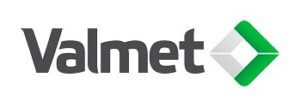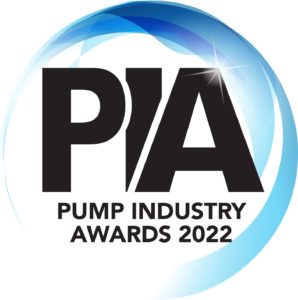Water services and Covid-19 – a statement from EurEau
Many of these concerns come from media that incorrectly report on research. According to the latest information from the WHO and the UN, water does not transmit the SARS-CoV-2 virus.
Drinking water
All currently available evidence shows that the drinking water we consume is protected from the virus.
If your water comes from a groundwater source, the aquifer is covered by layers of rock and soil, and is therefore safe from contamination.
If your tap water is abstracted from surface sources, drinking water suppliers generally have a multi-stage water treatment including at least coagulation, filtration and disinfection. Our experience, and research results indicate, that any potential viruses are effectively and efficiently eliminated by this multi-barrier system.
Drinking water providers conduct regular tests to ensure that water is safe and healthy.
Waste water
Also according to the latest scientific research, the risk of direct transmission of the Covid-19 disease via faeces of infected persons appears to be very low. To date, no case of a faecal-oral transmission of the virus is known.
We note that many studies are underway during this crisis. The Dutch institutes KWR and RIVM announced on 25 March 2020 that they had detected traces of the RNA of the virus in raw waste water. The RNA is the genetic material of the virus. This was confirmed by an analysis of the influent of nine WWTPs across Flanders (Belgium); in the same analysis, the effluent was shown to be completely free of virus RNA.
It should be clearly emphasised that the presence of traces of RNA is not related with any ‘live’ or infectious virus.
All available information shows that people working with waste water are well protected when they fully respect the usual occupational health and safety precautions and use their normal personal protection equipment (PPE).
The current crisis may cause disruptions in the supply of PPE. EU and national authorities must ensure that waste water operators are considered as critical and get priority access to sufficient supplies of appropriate PPE.
You can do your part
Domestic consumers should only flush pee, poop and toilet paper and take the usual precautions around disposing of biological (human) waste responsibly. All other waste, such as wet wipes, kitchen paper and latex or plastic gloves should be disposed of in the bin along with other household waste.
Waste water operators across Europe are finding an increasing number of these items in the sewage infrastructure. They block pipes and pumps, causing sewer blockages and flooding. Help us to keep your waste water infrastructure functioning properly.
For all consumers of Europe’s water services, the message is clear: your drinking water and waste water services are safe and remain so, and we are working 24/7 to keep delivering these to you as we always have!
Source: EurEau







